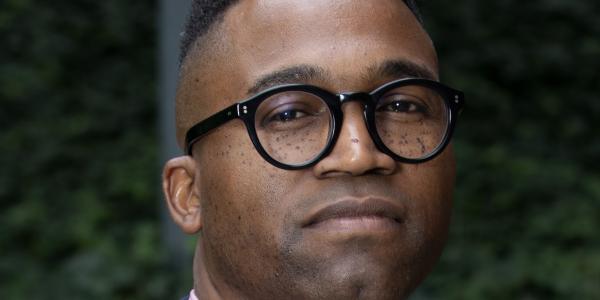Department Colloquium, Frederick Wherry on The Hidden Costs of Debt: The Case of Student Loans
Debt is a critical but poorly understood contributor to social inclusion and its opposite; it enables the movement of future resources for use in the present, fueling human capital development, asset-building, and consumption smoothing. Debt can also constrain, damage, and stigmatize its beneficiaries when they fail to meet the terms of repayment. Drawing on a stratified sample of 564 complaint narratives submitted to the Consumer Financial Protection Bureau regarding student loans, we identify relational costs to debtors, heightening the costs of their debts. While scholars have long recognized that social relationships constitute social capital, enabling individuals to mobilize resources that would have remained dormant otherwise, they have not specified how social relationships can be harmed, consequently by debilitating the capacity to mobilize resources from others in one’s network or by draining away resources from individuals who were able to command them before the harm. When individuals or organizations inflict harm on a person’s valued relationships, the act itself sometimes constitutes the theft of the individual’s (shared) property. The relationships themselves are assets generating material-economic and psycho-social supports. Harming those assets injures its owner. Relational damages may be arms’-length or embedded. In the case of the former, harmed relationships with bosses, supervisors, or teachers can affect the likelihood of getting a recommendation for a job, getting a job, or receiving favorable and consistent workplace evaluations that affect the likelihood of promotion. In the case of the latter, the individual relying on parents, siblings, other relatives, or close friends for monetary, psycho-social, and other support may find it harder to obtain a small informal loan, a co-signer for a car, a job referral, help with childcare, or other support because those with whom the individual has a close relationship now incur a materially difficult or emotionally wrought burden by virtue of the relationship, and those difficulties have spurred dissatisfactions with, and in some cases dissolutions of, the relationship. Ironically, actions that often result in relational harms can have the opposite effect, pitting the borrower and socially significant others against a common enemy. This reactive relational repair, however, still results in material harms to those tied to the target of collection. This discussion will develop a middle-range theory to explain how and why these relational harms affect how debtors evaluate the costs of their debts.
Also check out “To Lend or Not to Lend to Friends and Kin” in Social Forces.
Our 2019 book: Credit Where It’s Due: Rethinking Financial Citizenship
Our 2019 volume: The Oxford Handbook of Consumption

